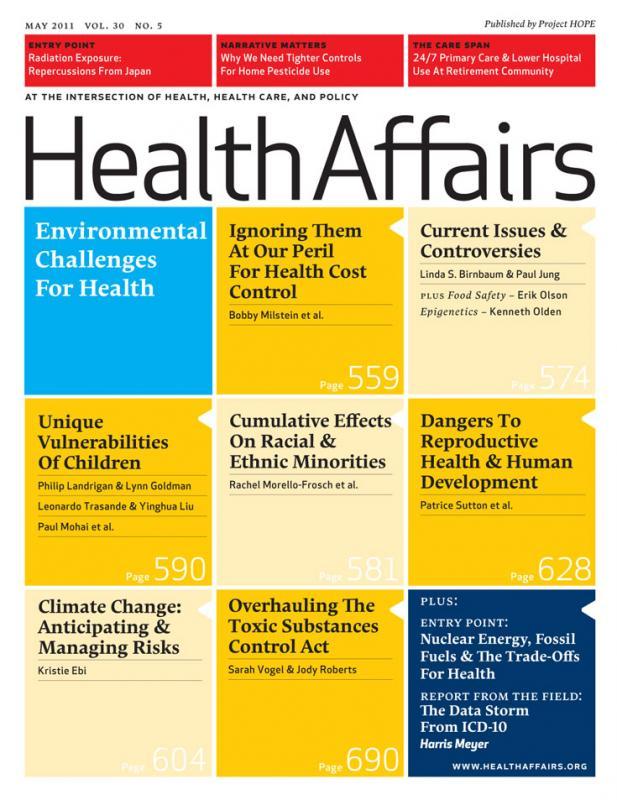Headline
Many physicians report low confidence in caring for patients with disability and negative perceptions about quality of life with a disability, which may reflect biased views that potentially contribute to persistent health disparities.
Context
Individuals with disabilities experience inequities in health care, which is due to a number of system- and patient-level factors. Although implicit bias among physicians around race and ethnicity is known to influence treatment decisions and other aspects of care, little is known if physicians’ bias toward disability contributes to disparities. This study reports on a national survey of more than 700 practicing U.S. physicians on their perceptions of caring for individuals with disability.
Findings
Only around half of physicians surveyed strongly agreed that they would welcome patients with disability into their practices, and 40 percent felt very confident that they provide the same quality care for individuals with disability as they provide for people without disability. Over 80 percent of physicians reported that people with significant disability have worse quality of life than those without disability, yet only 18 percent strongly agreed that the health care system often treats disabled patients unfairly. These findings imply that many physicians may hold biased perceptions of people with disability.
Takeaways
As provider biases toward people with disability can negatively affect the delivery of equitable care, provider training on disability cultural competence and etiquette are an important component to advance equity and improve care for individuals with disability.

